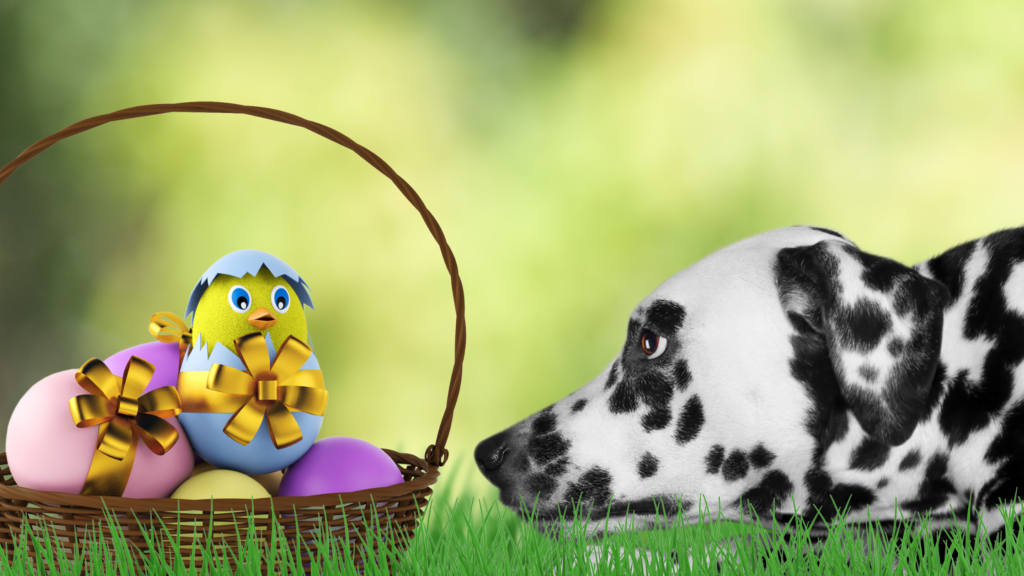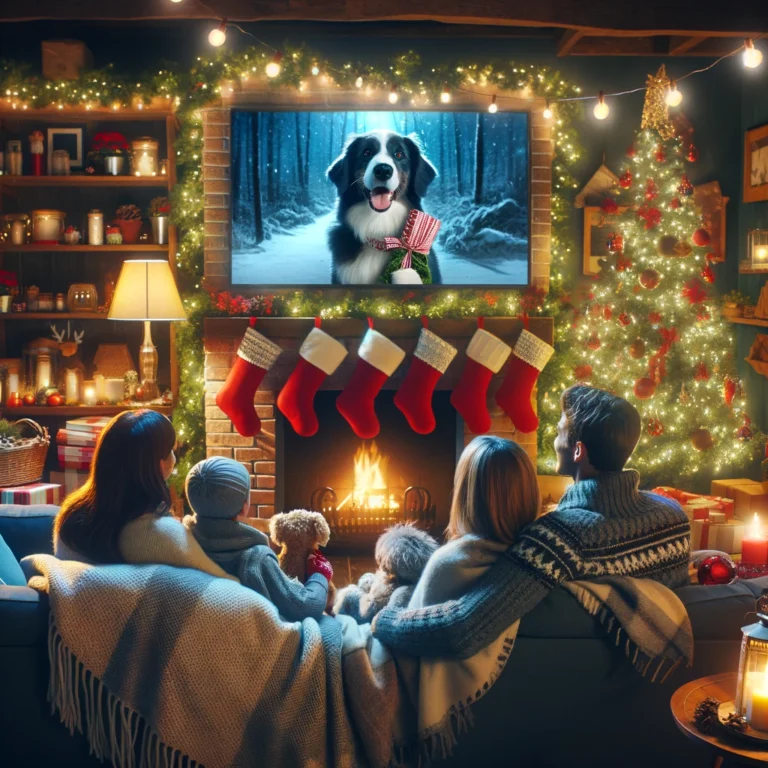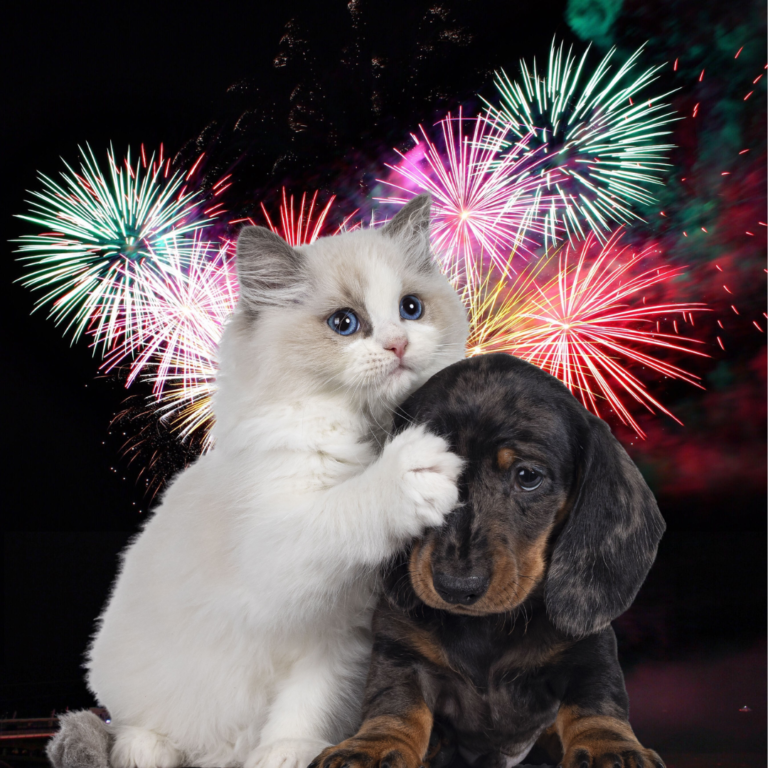Family reunions are special occasions where people come together to experience community, share news and create shared memories. But these gatherings aren't just meaningful for us humans; they can also have a profound impact on our four-legged family members. In this article, we look at how family gatherings can affect your dog and offer practical tips to make these experiences as enjoyable as possible for your four-legged friend.

Emotional and psychological effects on dogs
Social interactions: Dogs are naturally social creatures that enjoy interactions with people and other animals. Family gatherings offer them the opportunity to expand their social skills and foster positive relationships. However, the amount of new faces and smells can also be overwhelming, especially for shy or fearful dogs.
Stress and anxiety: The unpredictability and noise of a family reunion can cause stress and anxiety in some dogs. It's important to recognize the signs of stress in your dog, such as increased panting, withdrawal, trembling or disinterest in activities he normally enjoys.

Physical effects
Increased activity: Family gatherings can be a source of increased physical activity for dogs. Games and walks with the family can help keep your dog physically busy, which is beneficial for their health.
Nutrition and digestion: At such events, there is a risk of dogs being fed table scraps by different people, which can lead to stomach upsets or even serious health problems. It is important to set clear guidelines for feeding your dog to protect their health.

Tips for a dog-friendly family reunion
Create a safe environment: Make sure your dog has a quiet place to retreat to when the hustle and bustle gets too much. A quiet room or a comfy dog bed in a corner can go a long way to making your dog feel safe and secure.
Monitor implementation and interaction: When your dog meets new people, it is important to monitor interactions to ensure they are positive. Introduce your dog to new people slowly and thoughtfully, and make sure everyone involved knows how best to interact with him.
Plan activities: Take your dog into account when planning activities. Involving your dog in games or walks can help them feel part of the group while using their energy in a positive way.
Communicate feeding guidelines: Inform your family and friends about any feeding guidelines or dietary restrictions your dog may have to avoid health problems.
Family reunions can be a wonderful opportunity for your dog to socialize, be part of the family and gain new experiences. With the right preparation and supervision, you can ensure that these events are a positive experience for everyone involved, including your four-legged friend.









